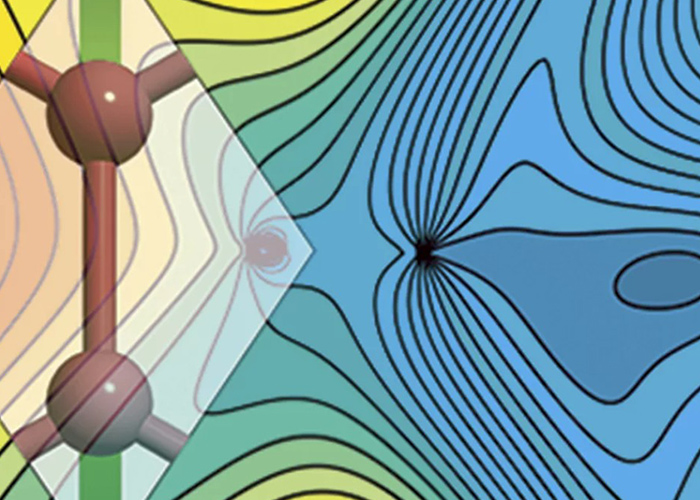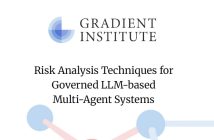
HPE and a group of seven global technology organisations have launched the Quantum Scaling Alliance, a consortium focused on advancing quantum computing from laboratory demonstrations to practical, industry-scale systems. The alliance brings together companies with expertise spanning semiconductors, supercomputing, quantum control, error correction and algorithm design.
The initiative is overseen by Dr Masoud Mohseni of HPE Labs, with co-leadership from John Martinis, the 2025 Nobel Laureate and CTO of Qolab. The Alliance’s goal is to design and develop a cost-effective quantum supercomputer by drawing on the combined capabilities of the broader semiconductor and high-performance computing ecosystem.
Founding members include 1QBit, Applied Materials, HPE, Qolab, Quantum Machines, Riverlane, Synopsys and the University of Wisconsin. Their contributions range from qubit and circuit design, hybrid quantum-classical control systems, and materials engineering to fault-tolerant error correction, algorithm development and full-stack quantum–HPC integration.
Martinis said quantum systems have the potential to deliver breakthroughs across fields such as semiconductor manufacturing, sustainable chemical production and complex optimisation. HPE said the consortium will help accelerate development of hybrid quantum–classical architectures, enabling future advances in materials science, drug discovery and secure computation.
According to Mohseni, scaling quantum systems will require horizontal collaboration across the technology stack rather than isolated, vertical approaches. The Alliance aims to provide this integrated pathway, positioning quantum computing infrastructure to become part of mainstream enterprise and scientific workflows as the technology matures.
Image: HPE: Visualizing the atomistic behaviour of materials helps advance quantum computing research





